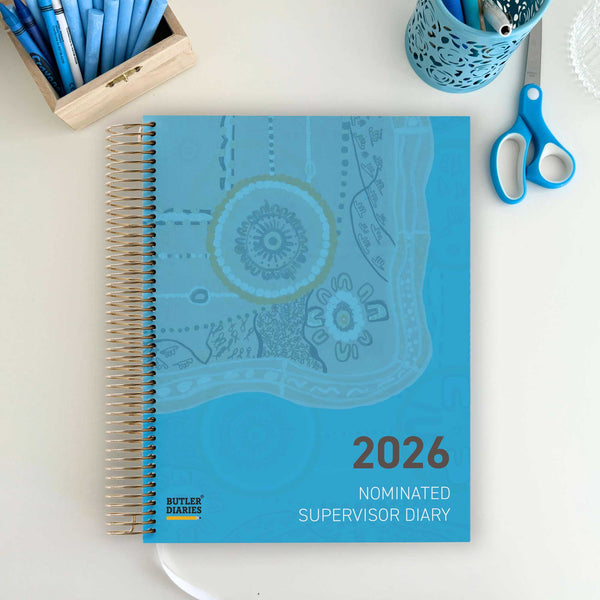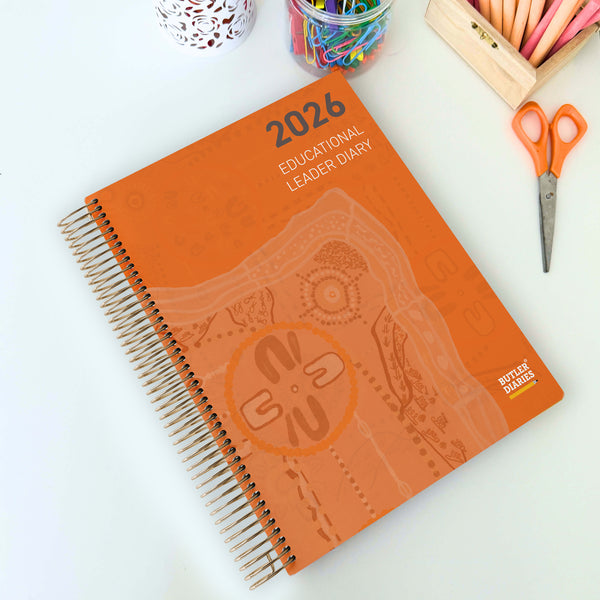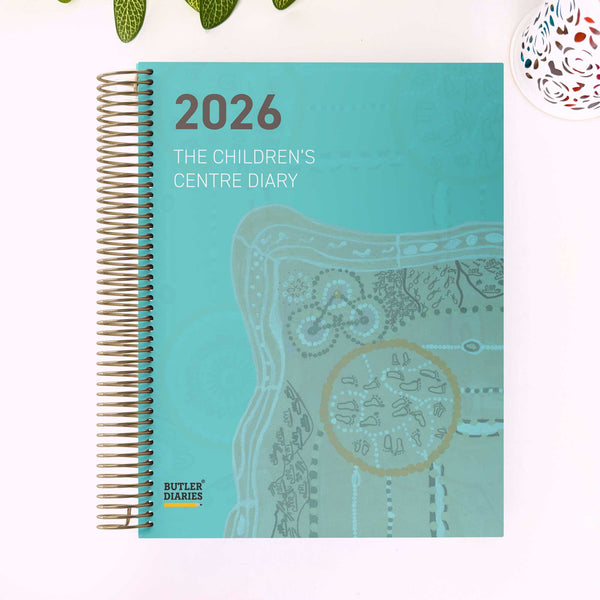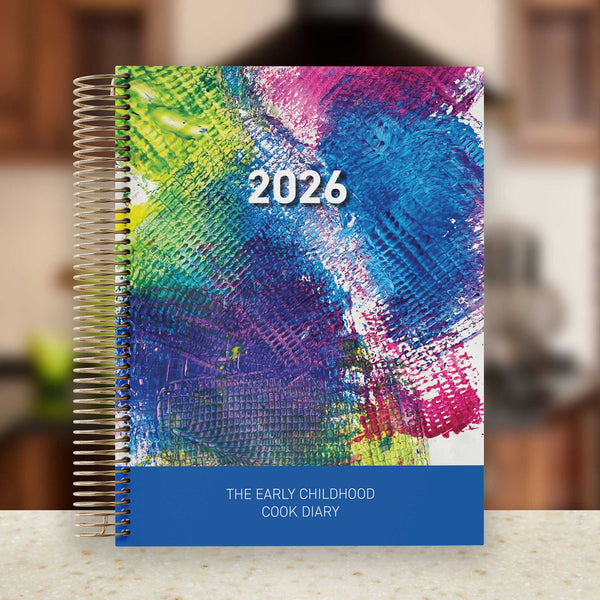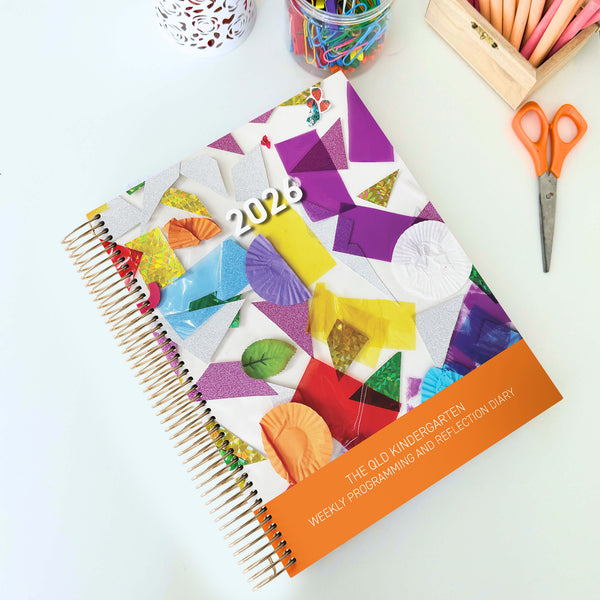As a director in Early Childhood Education and Care (ECEC), you hold a pivotal role in shaping the experiences and outcomes of young children. Your responsibilities extend beyond mere oversight; you are the orchestrator of a nurturing environment where children thrive and develop essential skills. Excelling in this role requires a blend of leadership, passion, and adherence to quality standards such as the National Quality Standard (NQS). Here are some tips to help you excel followed by actions you can do now:
-
Embrace Effective Leadership: Effective leadership sets the tone for the entire ECEC centre. Be proactive in fostering a positive culture among your team, promoting collaboration, and providing support where needed. Lead by example, demonstrating a commitment to best practices and continuous improvement.
-
Prioritise Pedagogy: A strong understanding of pedagogical principles is essential for creating rich learning experiences for children. Stay informed about the latest research and methodologies in early childhood education. Encourage your team to engage in reflective practice and professional development opportunities.
-
Build Strong Relationships: Cultivate meaningful relationships with children, families, and staff. Open communication and trust are key components of a successful ECEC centre. Actively involve families in their child's learning journey and ensure that their voices are heard and valued.
-
Maintain High-Quality Standards: Familiarise yourself with the NQS and strive to meet or exceed its benchmarks. Regularly review and evaluate your centre's practices against the quality areas and standards outlined in the NQS. Use the NQS as a guide for continuous improvement and quality assurance.
-
Invest in Professional Development: Encourage ongoing learning and professional growth among your team. Provide opportunities for training, workshops, and networking events. Foster a culture of lifelong learning that empowers educators to stay updated with best practices and emerging trends.
-
Ensure Regulatory Compliance: Stay informed about relevant regulations, policies, and procedures governing ECEC services. Maintain accurate records, implement robust health and safety measures, and adhere to legal requirements. Regularly review and update policies to reflect changes in regulations and best practices.
-
Embrace Innovation: Be open to innovation and creativity in your approach to early childhood education. Explore new ideas, technologies, and teaching methods that enhance learning outcomes for children. Foster a culture of experimentation and adaptation to meet the evolving needs of your community.
-
Practice Self-Care: Leading an ECEC centre can be demanding, both emotionally and physically. Prioritise self-care and well-being to prevent burnout and maintain your effectiveness as a leader. Set boundaries, delegate tasks when necessary, and seek support from your peers and mentors.
-
Celebrate Achievements: Take the time to acknowledge and celebrate the achievements of your team and the children in your care. Recognise milestones, progress, and successes, no matter how small. Positive reinforcement fosters a sense of accomplishment and motivation to continue striving for excellence.
- Listen to your Team: Create a culture of listening to your team. They are often the ones spending the time on the floor and they bring valuable insights into what works and does not work. Value and encourage the diverse ideas and input of your team as a whole.

Here's a list of actionable steps that directors in Early Childhood Education and Care (ECEC) can take to achieve success in their roles while adhering to the principles outlined in the National Quality Standard (NQS):
-
Develop a Clear Vision and Mission: Define a clear vision and mission statement for your ECEC centre that aligns with the principles of the NQS and reflects your commitment to excellence in early childhood education. Make sure your team contributes to the vision and mission statement.
-
Establish Effective Communication Channels: Implement open and transparent communication channels with staff, families, and stakeholders to ensure everyone is informed and engaged in decision-making processes. This includes an 'open door' policy and ensuring staff meetings are collaborative exercises rather than 'live' memos.
-
Provide Ongoing Professional Development: Offer regular professional development opportunities for staff to enhance their skills and knowledge in areas such as pedagogy, child development, and regulatory compliance.
-
Create a Positive Work Environment: Foster a positive and supportive work environment that values teamwork, creativity, and innovation. Encourage collaboration and empower staff to contribute their ideas and expertise.
-
Promote Reflective Practice: Encourage staff to engage in reflective practice by regularly reviewing and evaluating their teaching strategies, interactions with children, and learning environments to identify areas for improvement. Providing your team tools such as the Weekly Programming and Reflection Diaries can support them in making reflective practice a habit.
-
Build Strong Relationships with Families: Cultivate strong partnerships with families by actively involving them in their child's learning journey, soliciting feedback, and collaborating on shared goals for their child's development and wellbeing.
-
Ensure Compliance with Regulations and Standards: Regularly review and update policies and procedures to ensure compliance with relevant regulations, standards, and guidelines, including those outlined in the NQS. Tools such as the Exceeding Guidance for the NQS Evidence Summary and Nominated Supervisor Diary can support you achieve this.
-
Create Inclusive and Culturally Responsive Environments: Foster an inclusive and culturally responsive environment that celebrates diversity, respects individual differences, and promotes a sense of belonging for all children and families. Educators can be provided our Culturally Responsive Year Wall Calendars as a prompt or this can be used in the foyer to create a welcoming entry that demonstrates your commitment to cultural responsiveness.
-
Prioritise Health and Safety: Implement robust health and safety policies and procedures to ensure the wellbeing and safety of children, staff, and visitors. Conduct regular risk assessments and emergency drills to prepare for potential emergencies. Consider Educator mental health, make sure to check in and take actions to support Educators self-care.
-
Facilitate Continuous Quality Improvement: Establish systems for ongoing monitoring, evaluation, and continuous improvement to ensure that your centre is continually striving to enhance its practices and outcomes.
-
Engage in Community Partnerships: Build partnerships with other community organisations, agencies, and professionals to access additional resources, support services, and opportunities for collaboration and networking.
-
Model Ethical Leadership: Lead by example and model ethical leadership practices, including honesty, integrity, respect, and fairness, in all interactions with staff, families, and stakeholders.

By implementing these actions, directors can create a supportive and enriching environment that fosters the holistic development and wellbeing of children while ensuring compliance with the principles of the National Quality Standard (NQS). Remember, excellence in early childhood education is a journey, and your dedication to continuous improvement will have a lasting impact on the lives of young children.
Related Blog Posts
-
The Crucial Roles of Directors and Nominated Supervisors in Early Childhood Education and Care
-
A Deep Dive into the Nominated Supervisor Diary with Examples
-
Strategies to Reduce Staff Turnover in Early Childhood Education and Care
-
Tips for Running Effective Staff Meetings in Early Childhood Education and Care









